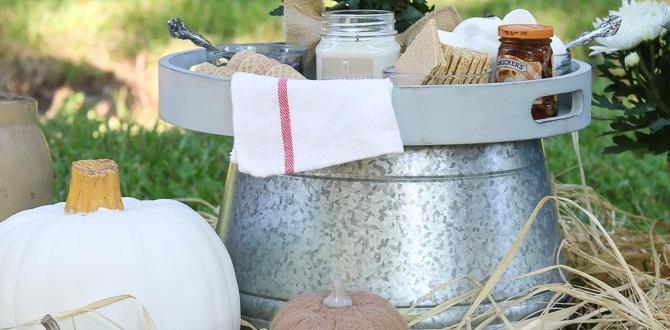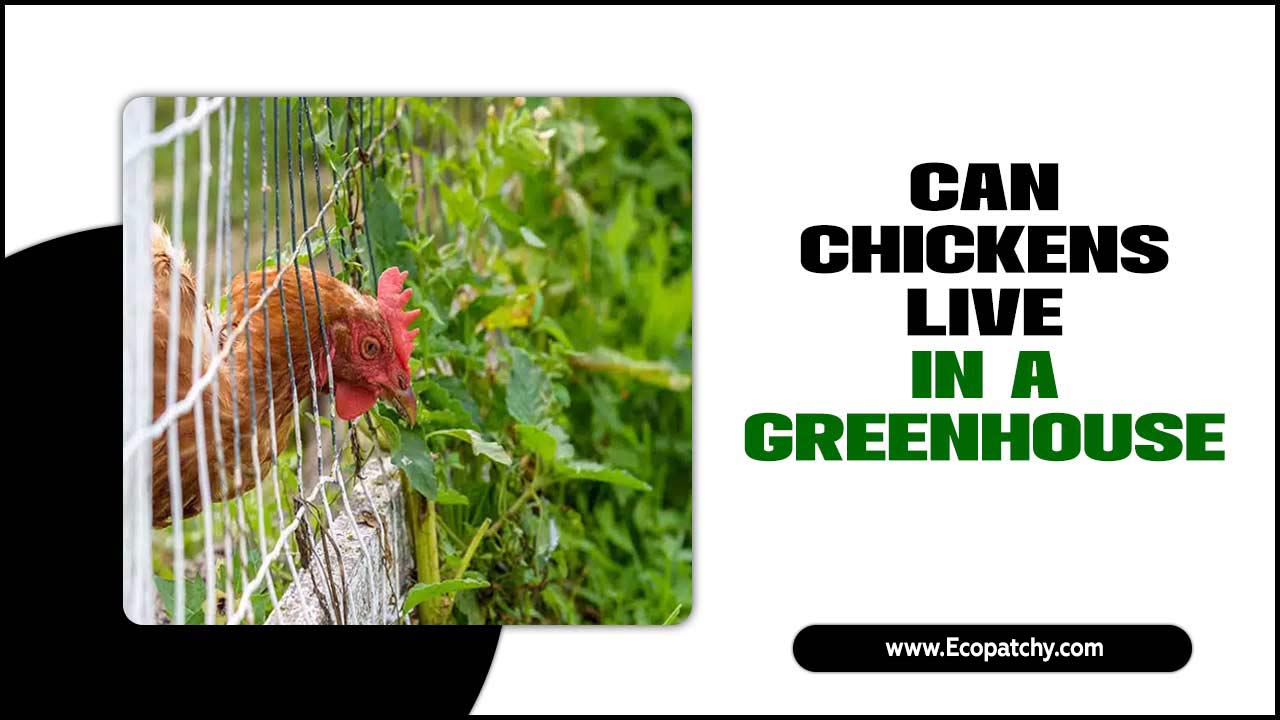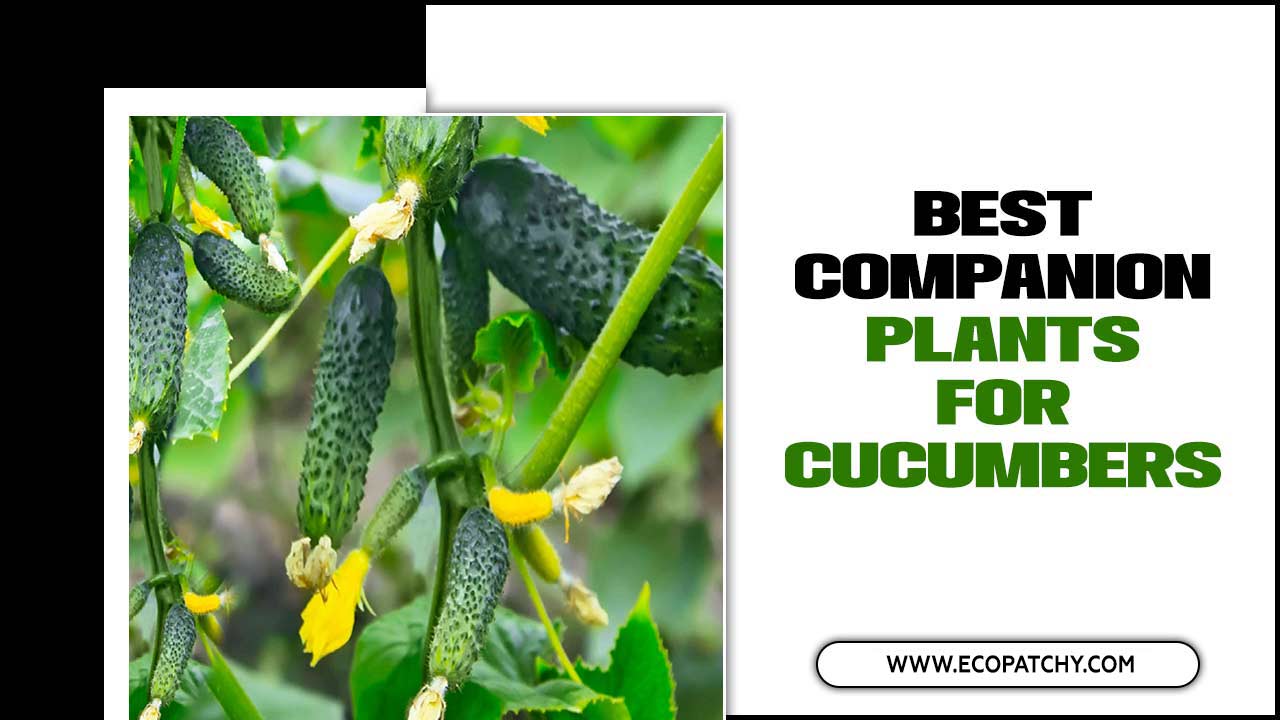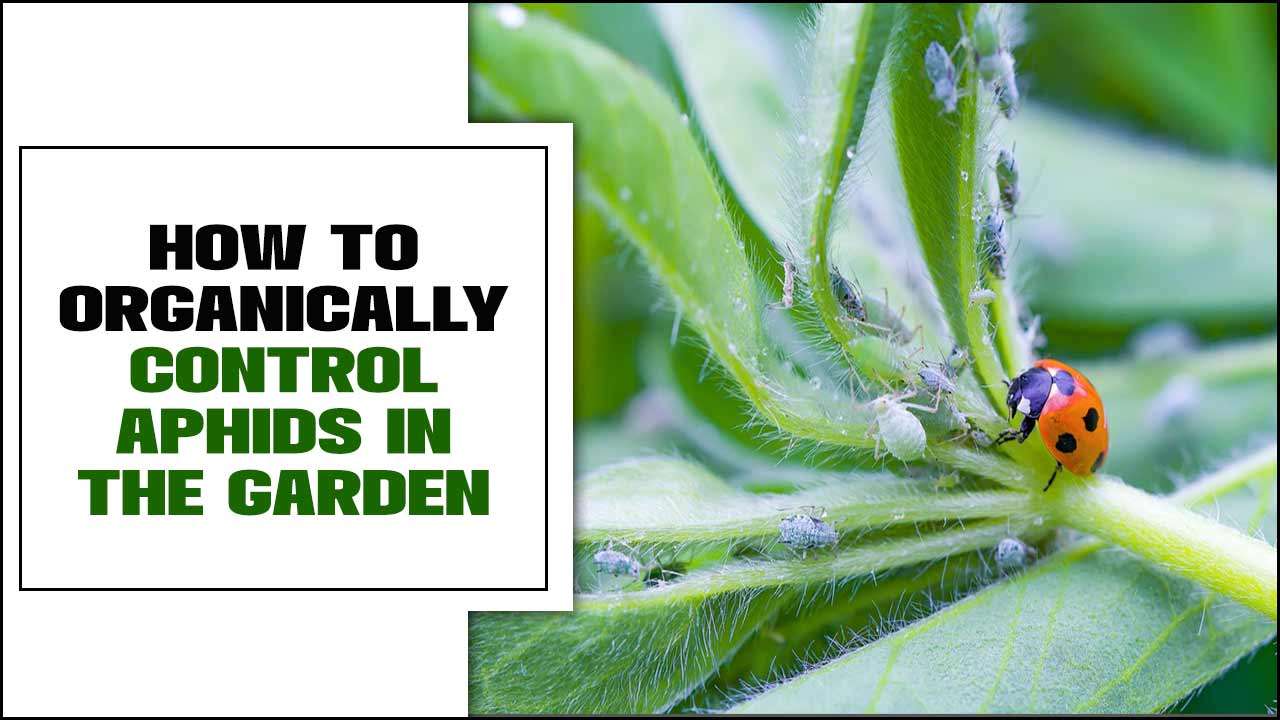Have you ever wondered how to make your vegetable garden thrive? Many gardeners are looking for ways to boost their plants naturally. One interesting option is mushroom manure. But is mushroom manure good for vegetable gardens? That’s a question worth exploring.
Picture this: your tomato plants are tall, green, and full of juicy fruit. You might be surprised to learn that mushroom manure could help you reach this goal. Made from the leftover compost of mushroom farms, it has special nutrients that plants love. Isn’t it amazing how something so simple can make your garden flourish?
In this article, we’ll dive into the benefits of using mushroom manure. We’ll also share tips on how to use it correctly. By the end, you might just find a new secret ingredient for your garden!
Is Mushroom Manure Good For Vegetable Gardens? Benefits Explained Mushroom Manure Is Gaining Popularity Among Gardeners As An Organic Amendment To Enhance Soil Fertility And Improve Vegetable Growth. By Understanding The Unique Benefits Of This Material, You Can Make An Informed Decision On Whether It Is Suitable For Your Vegetable Garden. What Is Mushroom Manure? Mushroom Manure, Also Known As Mushroom Compost, Is A Byproduct From The Cultivation Of Mushrooms. It Typically Consists Of Agricultural Waste Materials, Such As Straw, Horse Manure, And Other Organic Matter, Which Undergoes A Process Of Decomposition And Pasteurization To Create A Rich, Nutrient-Dense Amendment. Benefits Of Using Mushroom Manure In Vegetable Gardens 1. **Nutrient-Rich**: Mushroom Manure Is Packed With Essential Nutrients, Including Nitrogen, Phosphorus, And Potassium, Which Are Crucial For Plant Growth. It Also Contains Micros Such As Zinc And Magnesium That Benefit Vegetables. 2. **Improves Soil Structure**: The Organic Matter In Mushroom Manure Helps Improve Soil Structure, Leading To Better Aeration And Water Retention. This Is Particularly Important For Vegetables That Require Consistent Moisture Levels. 3. **Promotes Microbial Activity**: The Beneficial Microorganisms Found In Mushroom Manure Support Soil Health And Can Assist In The Breakdown Of Nutrients, Making Them More Accessible To Plants. 4. **Ph Neutral**: Mushroom Manure Typically Has A Neutral Ph, Making It Suitable For A Variety Of Vegetables Without Risking Acidity Issues In The Soil. 5. **Sustainable Option**: Using Mushroom Manure Is Environmentally Friendly, As It Recycles Waste Products From The Mushroom Industry And Reduces The Need For Synthetic Fertilizers. Considerations When Using Mushroom Manure – **Maturity**: Ensure The Mushroom Manure Is Well-Rotted And Fully Matured Before Application To Avoid Any Adverse Effects On Plants. – **Testing Soil**: It’S Beneficial To Conduct A Soil Test To Determine The Existing Nutrient Levels Before Adding Mushroom Manure, As Adding Excessive Nutrients Can Harm Plants. – **Application Rate**: Use Mushroom Manure Sparingly; A Little Can Go A Long Way In Boosting Your Vegetable Garden’S Productivity. Typically, A Layer Of 1-2 Inches Mixed Into The Soil Is Sufficient. Conclusion In Conclusion, Mushroom Manure Is An Excellent Option For Vegetable Gardens. Its Nutrient-Rich Nature, Combined With The Ability To Improve Soil Structure And Microbial Activity, Makes It A Valuable Amendment. If Used Correctly, It Can Lead To Healthier Plants And Bountiful Harvests. Always Keep In Mind The Maturity And Application Rates To Reap The Maximum Benefits From This Organic Resource.
Is Mushroom Manure Good for Vegetable Gardens?
Mushroom manure can be a great addition to vegetable gardens. It enriches soil with essential nutrients, helping plants grow strong. Many gardeners find that using mushroom manure increases harvests and improves vegetable flavor. Did you know that some plants thrive better with this type of manure? Using it can save money on fertilizers too! Just ensure it is well-aged to avoid any issues. Give your garden the boost it needs with mushroom manure!What is Mushroom Manure?
Definition and composition of mushroom manure. How mushroom manure is produced.Mushroom manure is a unique type of fertilizer made from spent mushroom compost. This compost usually includes straw, manure, and other organic materials. After mushrooms are harvested, the leftover mixture is perfect for gardens. It is rich in nutrients, making it great for plants. You can think of it as a fancy food for your veggies, giving them that extra boost. Plus, it’s a sneaky way to recycle!
| Composition | Production Process |
|---|---|
| Spent compost | Harvesting mushrooms |
| Straw | Mixing with manure |
| Organic materials | Letting it break down |
So, next time you dig into your garden, think about how mushroom magic can turn leftovers into a veggie feast!
Benefits of Using Mushroom Manure in Vegetable Gardens
Nutrient profile and its relevance to plant growth. Soil structure improvement and moisture retention.Mushroom manure is a secret weapon for growing vibrant vegetables! It’s packed with nutrients like nitrogen, phosphorus, and potassium, which plants love. These nutrients help plants grow strong and healthy. Plus, mushroom manure works wonders on soil structure. It makes soil fluffy, allowing roots to spread out easily—think of it as a cozy blanket for your veggies! It also holds onto moisture, keeping plants hydrated. In short, mushroom manure is excellent for your garden. Who knew mushrooms could be so helpful?
| Nutrient | Benefit |
|---|---|
| Nitrogen | Promotes leaf growth |
| Phosphorus | Supports flowering and fruiting |
| Potassium | Strengthens plant health |
Potential Drawbacks of Mushroom Manure
Possible chemical residues and their effects. Risks of pathogens and how to mitigate them.Mushroom manure can be beneficial, but it might not be all sunshine and daisies. Some mushroom farms use chemicals that may linger in the manure. These chemical residues can affect your plants and even your health! Plus, there’s a chance of pathogens hiding in that heap of rich goodness, ready to crash your garden party. Keep an eye on your compost before using it, and always remember to wash your veggies! A little precaution can go a long way.
| Potential Risks | Mitigation Strategies |
|---|---|
| Chemical residues | Test manure before use |
| Pathogens | Compost properly and use gloves |
How to Properly Use Mushroom Manure in Your Garden
Application rates and methods for optimal results. Timing for application in relation to planting schedules.Mushroom manure can boost your vegetable garden’s health. To use it well, follow these tips:
- Apply 1 to 2 inches of mushroom manure to your soil. This amount helps plants grow strong.
- Mix it in before planting seeds or seedlings. This way, nutrients spread evenly.
- Use it once a year, preferably in spring, just before planting.
Timing helps too. Adding it too close to harvest time may not be ideal. Wait a few weeks after adding to plant.
When should you add mushroom manure to your garden?
Apply mushroom manure before planting in spring. This timing allows nutrients to mix in and benefit your plants all season.
Comparing Mushroom Manure with Other Organic Fertilizers
Nutritional comparisons with compost and other fertilizers. Costeffectiveness and availability.Mushroom manure offers great benefits compared to other organic fertilizers like compost. It has a high level of nutrients, making it a strong choice for plants. Here’s how they stack up:
- Nutritional Value: Mushroom manure is rich in nitrogen and phosphorus, essential for growth.
- Cost: Mushroom manure is often less expensive than other organic options, offering good value.
- Availability: It is usually easy to find at local garden stores.
These points show that mushroom manure can be a smart pick for vegetable gardens. It provides great nutrition without breaking the bank.
Is mushroom manure better than compost?
Yes, mushroom manure has a higher nutrient content than compost, benefiting plant growth more effectively.
Tips for Selecting Quality Mushroom Manure
How to identify highquality mushroom manure. Recommended sources and suppliers.Selecting good mushroom manure is important for a thriving garden. Here are tips to find quality manure:
- Look for rich color. Quality manure should be dark and crumbly.
- Check for smell. Fresh manure has a pleasant earthy scent, not a strong odor.
- Examine moisture. It should feel slightly damp but not soggy.
- Ask local farmers or garden centers for trusted suppliers.
Quality mushroom manure boosts plant growth and waste recycling. Ensure you choose from reputable sources for the best results.
How to Identify High-Quality Mushroom Manure?
To identify high-quality mushroom manure, look for dark color, fresh smell, and appropriate moisture. These features make the manure more effective for your vegetable garden.
Recommended Sources and Suppliers
Good suppliers include local farms and garden centers. They often sell bulk or bagged mushroom manure for easy use.
Real-life Experiences: How Gardeners Use Mushroom Manure
Case studies or testimonials from gardeners. Common practices and techniques observed in successful gardens.Many gardeners are finding success using mushroom manure. It helps plants grow strong. Here are some real-life experiences from happy gardeners:
- One gardener reported larger tomatoes and healthier plants after using mushroom manure.
- Another found that it improved soil structure, holding water better for their veggies.
- Some add it to their compost for extra nutrients.
These tips show that adding mushroom manure can lead to amazing results in the garden.
Is mushroom manure effective for vegetable gardens?
Many gardeners believe mushroom manure is very effective for vegetable gardens. It boosts plant growth and improves soil health. It helps veggies grow bigger and tastier. Sharing these experiences makes gardening fun and rewarding!
Environmental Impact of Using Mushroom Manure
Sustainability aspects and benefits for soil health. Comparison to synthetic fertilizers and their ecological effects.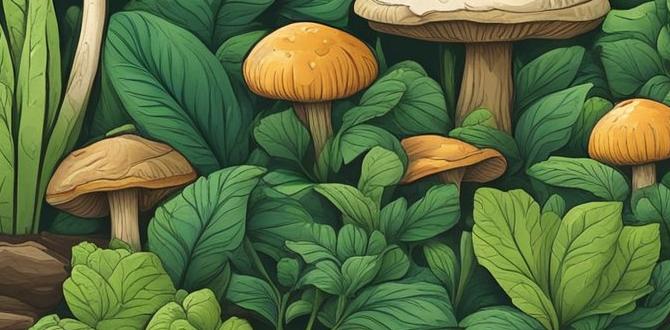
Mushroom manure is a natural choice for healthy gardens. It helps the soil stay strong and alive. This type of fertilizer is better for the environment than synthetic options. Here are some reasons why:
- Sustainability: It is made from recycled materials, helping to reduce waste.
- Soil Health: It adds important nutrients and improves soil structure.
- Less Pollution: Unlike synthetic fertilizers, it does not harm local water sources.
Many studies show that using organic methods like mushroom manure supports better growing conditions. This means richer soil without the chemical risks from factory-made fertilizers. Your garden can be safe and flourish with this eco-friendly choice!
Is mushroom manure better for the environment?
Yes, mushroom manure is better for the environment. It promotes soil health and helps reduce waste, unlike synthetic fertilizers which can harm ecosystems.
Conclusion
In conclusion, mushroom manure is great for vegetable gardens. It adds nutrients and improves garden soil. You can boost your plants’ growth by using this natural fertilizer. Remember to mix it well before using it. If you want to learn more about composting or other fertilizers, keep reading or ask a gardener. Happy gardening!FAQs
What Are The Benefits Of Using Mushroom Manure In Vegetable Gardens?Using mushroom manure in vegetable gardens has several benefits. First, it helps the soil stay healthy and full of nutrients. It also helps plants grow bigger and stronger. Plus, it can keep the soil moist, so plants don’t dry out. Lastly, it can reduce weeds, making it easier for your vegetables to grow.
How Does Mushroom Manure Compare To Traditional Compost In Terms Of Nutrient Content For Vegetables?Mushroom manure is different from regular compost. It has a lot of nutrients that help vegetables grow strong. You can think of it as a special food for plants. While traditional compost is good, mushroom manure often has even more benefits for your garden. Using both can help you grow healthy vegetables!
Are There Any Potential Drawbacks Or Risks Associated With Using Mushroom Manure In Vegetable Gardening?Yes, there can be some drawbacks to using mushroom manure in your vegetable garden. It might contain high levels of salts, which can harm plants. Sometimes, it has a lot of wood chips, making it harder for plants to grow. You also need to be careful with how fresh it is. If it’s too fresh, it can burn your plants or carry bad germs.
How Should Mushroom Manure Be Prepared Or Processed Before Applying It To Vegetable Gardens?Before using mushroom manure in your garden, you should compost it first. This means mixing it with other plant materials and letting it break down. We can also use it after letting it sit for a while to cool off and lose some strong smells. Make sure it’s crumbly and dark before putting it in the soil. This helps your vegetables grow better and keeps them healthy!
What Types Of Vegetables Thrive Best When Grown In Soil Amended With Mushroom Manure?You can grow many types of vegetables well in soil with mushroom manure. Leafy greens like spinach and lettuce love it. Root vegetables, like carrots and potatoes, also grow strong. Other veggies, like tomatoes and peppers, can thrive, too. Mushroom manure helps them get extra nutrients to grow healthy!


